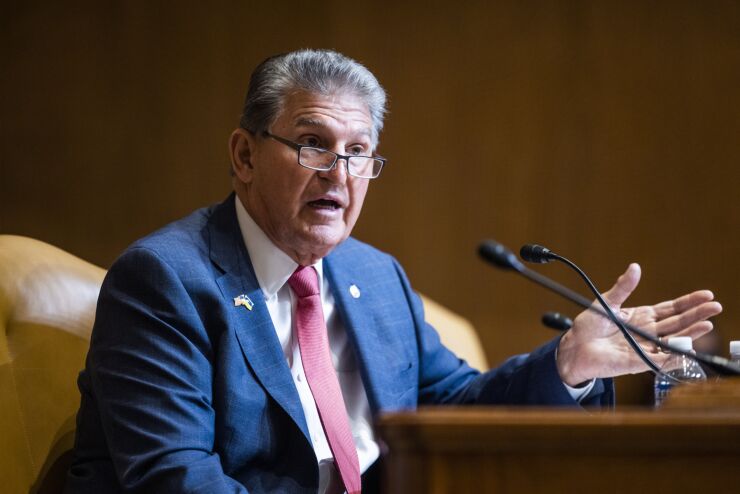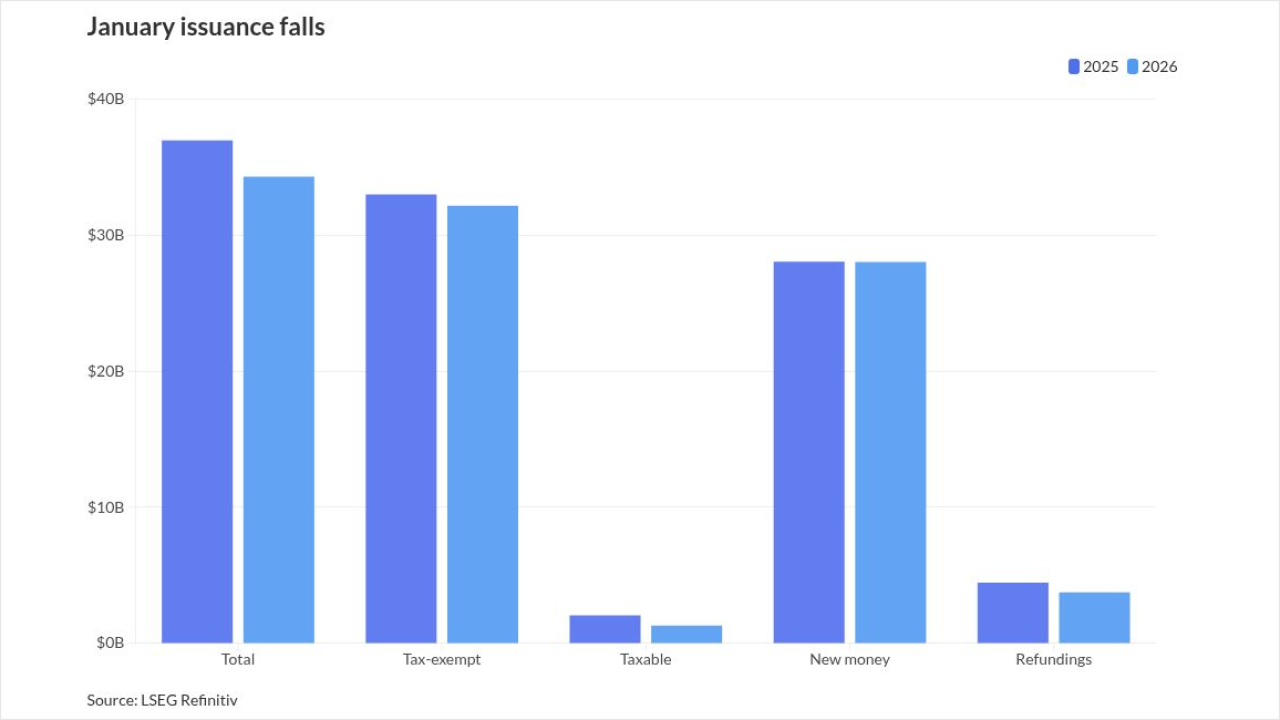The Senate Tuesday advanced a government funding bill ahead of a midnight Friday deadline that includes disaster aid for the water crisis in Jackson, Mississippi, Hurricane Ian's looming landfall in Florida and other natural disasters.
The bill advanced after Sen. Joe Manchin, D-W. Va., agreed to drop his controversial provision to speed up permitting on energy projects. Without the bill, federal agencies would run out of funding on Oct. 1, the start of the federal fiscal year.
In addition to continuing government funding at fiscal 2022 levels, the bill allows the Federal Emergency Management Agency to obligate up to the full year amount available under the CR for disaster relief fund, including future needs from events like Hurricane Ian.
It includes $2 billion in Community Development Block Grants for housing, infrastructure and economic recovery needs for areas like Kentucky and Puerto Rico that were hurt by a natural disaster in 2021 or 2022. It provides $2.5 billion for victims of New Mexico's massive wildfire last year, $1 billion for the Low-Income Home Energy Assistance program, and $20 million to fund Army Corps of Engineers' water and wastewater improvement projects in Jackson, Miss., which is in the midst of a
The CR also allows the Department of Transportation to extend the availability of funding awarded for National Infrastructure Investments grants that would otherwise expire Friday for one additional year, "which will help state, local, and tribal governments and other grantees to complete their planning or capital infrastructure projects," according to a House
The measure does not include money for COVID or monkeypox as requested by the White House.

The Senate voted 72-23 Tuesday to end debate on the motion to proceed to the continuing resolution. The Senate may vote as early as Wednesday or on Thursday and send it to the House, which returns Wednesday and needs to vote on it before midnight Friday to get it to President Biden for his signature.
The bill advanced quickly after Manchin dropped the permitting provision, which is opposed by both Senate Republicans and progressive House Democrats.
"You just never shut the government down," Manchin told reporters Tuesday. "Politics shouldn't play that part."
Press secretary Karine Jean-Pierre said Tuesday that the administration supports Manchin's bill and would work with him to try to get it passed.
The continuing resolution would keep federal agencies funded at current levels past the lame duck session and until Dec. 16, the day the House is set to adjourn for the year.
The stop-gap bill is needed because Congress has not yet passed any of the 12 fiscal 2023 appropriations bills. In July, the House passed six fiscal year 2023 spending bills totaling $405 billion, but that's been the only action so far.





